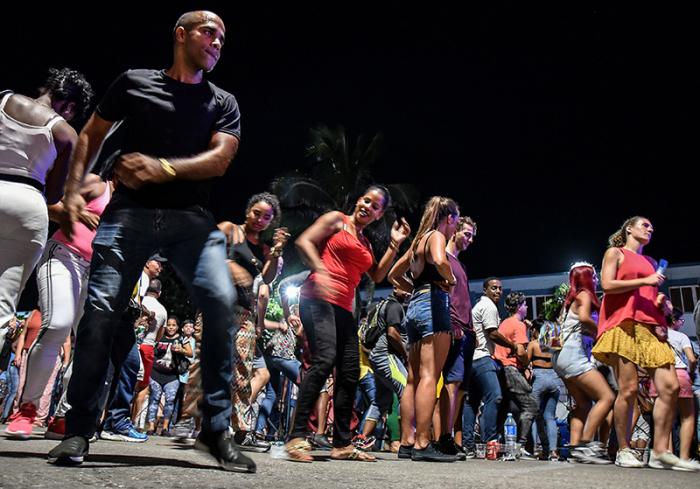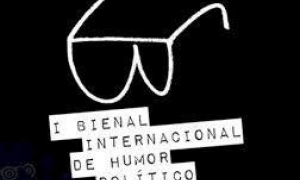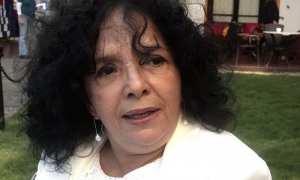
So many people can’t be wrong. People who, in 1969, at 23rd and P Street, wondered what was going to happen with the group to be introduced by a musician who, since his days with the Revé, was known as an innovator in dance music; people who came later in successive waves and added his songs and band to the soundtrack of their lives; and then young people of the present, because the band does not believe that today's youth, as some claim, only go for the lowest standards in certain urban genres.
I speak of a perfectly verifiable reality. It can be confirmed by those who attended the unveiling of the plaque placed where La Rampa meets the waterfront, commemorating the spot where on December 4, 1969, the first concert of Juan Formell’s Los Van Van took place - the birth of a legend. People came, as if to congratulate themselves for having the band in their memory, and today, with roots and the desire to keep going well into the future.
When Samuel Formell and Minister of Culture Alpidio Alonso unveiled the plaque, the Vavaneros felt rewarded for their loyalty. The words of critic and film director Guille Vilar hit the target: Los Van Van are the Beatles of Cuba, as much as the Beatles would become the Van Van of English language music. Each in their own way, broke boundaries, proposed changes, and penetrated deeply into popular sensibility.
Formell was aware of what he held in his hands. In one of our frequent conversations he told me: “The dancer is a starting point and an arrival for my work. When you respect the dancer, you become a phenomenon. Everyone follows you, generations pass and another comes along that takes you as their own. The Cuban people really like to dance; we are an eminently dancing people. The people are the measure of success, obliging you to reinvent yourself every day.”
And he kept Cuba at the epicenter of his creation: “I would not have done anything if I had lived outside of Cuba. I would not be motivated anywhere else. Everyone who has lived a revolution is privileged. Although fundamentally I compose for people to dance, I reflect what’s on the street in my songs. Dancers identify with those songs and with what I say in them. Because dancers are protagonists of this process of change, sometimes very complex, that influences the way Cubans think, speak, and behave.”
Guided by this principle, Cuban dance music has earned credentials, some with greater flair than others.
This truth was told on the marathon closing day of the “Forever Formell” Timba Festival, August 5, at the end of 23rd Street, after the plaque was unveiled. Everyone who danced, won, inspired by the homeland’s sounds.






